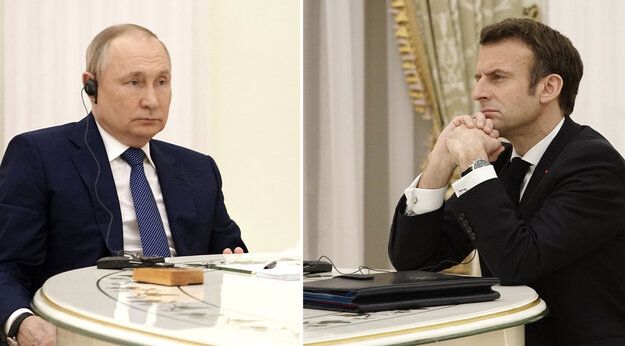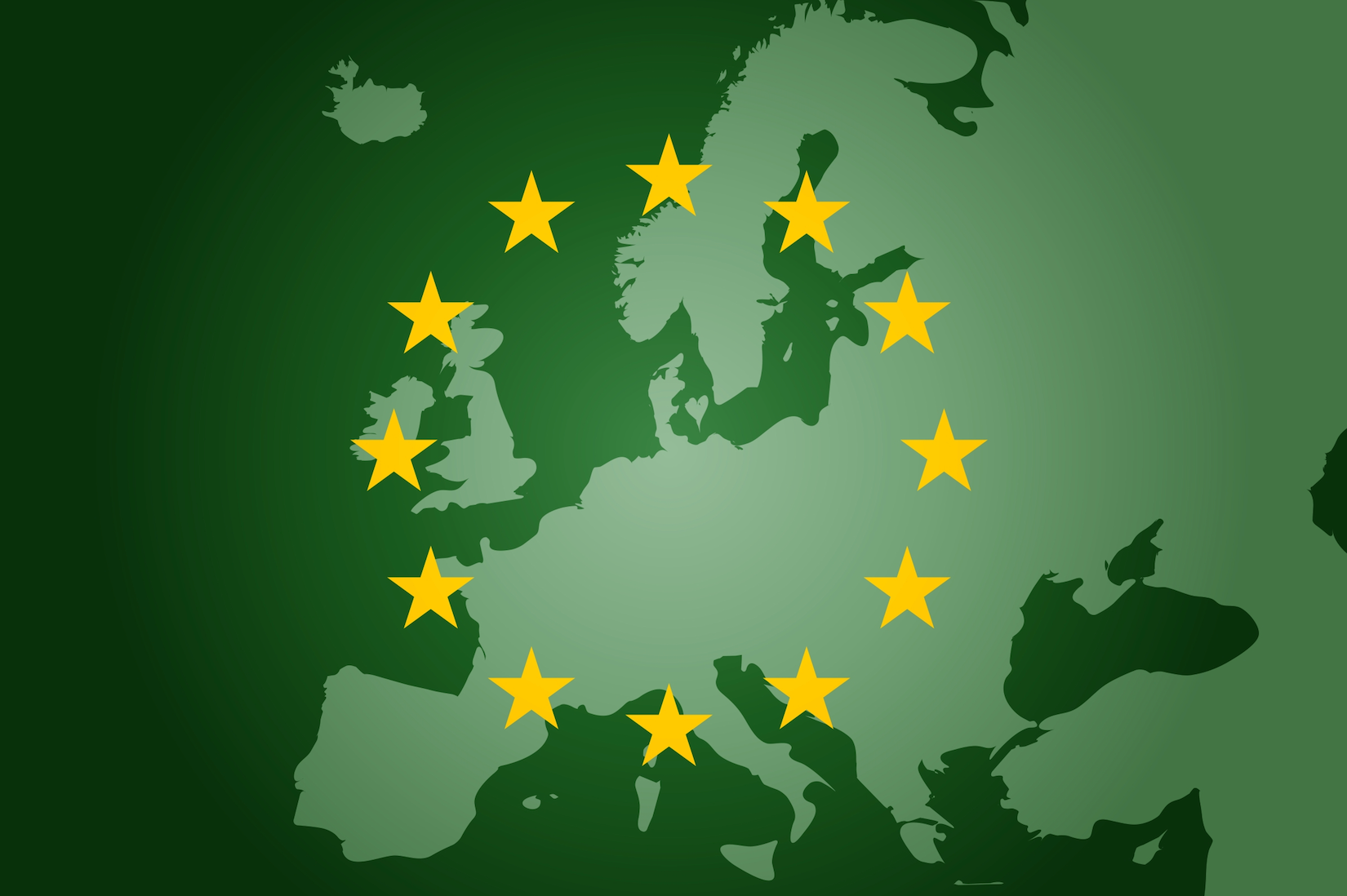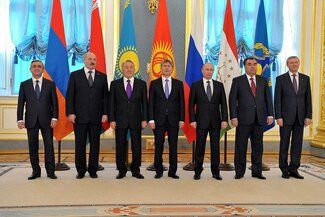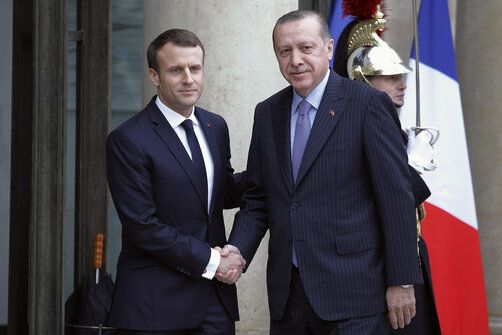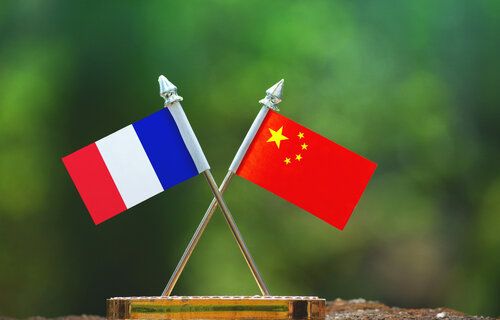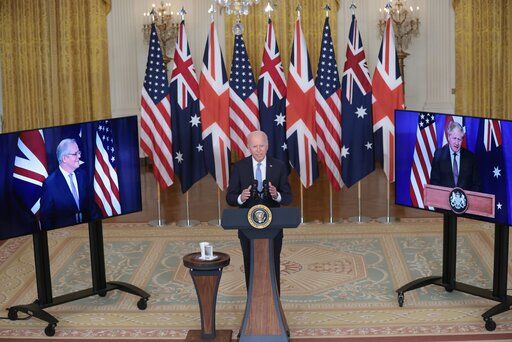The technological agenda of the Biden administration and the US Congress includes plans to strengthen the regulation of tech companies while prioritizing technological competition with China. These two trends provide both new opportunities for and restrictions on transatlantic cooperation. When it comes to these technological challenges, the next French president will not have as much influence in bilateral discussions as they will in European Union (EU) ones. Which issues should France direct European efforts toward?
Regulating the Digital Sector
With its piecemeal legislation, the United States’ model of data governance offers much less protection to internet users than do the EU and Chinese models. Recent bills have nevertheless revived discussions on a possible federal law on privacy and data protection. Such a step would reassure Europeans, who have been demanding better protection against certain intrusive provisions in American law ever since the Privacy Shield framework on data transfer between the United States and the EU was declared invalid in July 2020. Nevertheless, limited initiatives focused on data misuse by companies (rather than by public authorities) seem more likely than broad federal legislation. In the ongoing negotiations on the new Privacy Shield, the EU must therefore push to obtain convincing guarantees from the Americans on the protection of European data.
Beyond data, the whole Big Tech sector is the focus of regulatory efforts by both the Democratic left and the Republican opposition. There are three goals: first, taxing multinationals more fairly, especially digital platforms; second, improving the regulation of online content; and third, the fight against the monopolistic practices of the Big Five (Google, Apple, Meta [formerly Facebook], Amazon, and Microsoft), which has already led to antitrust bills being introduced and individuals in favor of stricter application of antimonopoly legislation being nominated to key posts.
What Kind of Transatlantic Cooperation?
These American goals are very close to those that Europeans have been defending for several years, which has opened the way toward new cooperation, such as the agreement signed within the framework of the Organisation for Economic Co-operation and Development (OECD) on a global minimum tax rate of 15 percent on multinationals. However, the United States deems European measures (such as the French “GAFA tax” and draft European regulations on digital services and markets) to be protectionist and discriminatory toward American businesses. In this shared desire for regulation, the EU and the United States both want to have the last word. Negotiations in the new Trade and Technology Council (TTC) will therefore be crucial for improving transatlantic coordination on this issue.
More generally, the TTC demonstrates the Biden administration’s will to strengthen transatlantic cooperation on standards, control of exports and investment, and supply chains. This desire is a response to the second priority currently dictating the American technological agenda: strategic competition with China. Beyond decisions directly targeting China (customs barriers or sanctions), this priority is a justification both for major R&D investment projects and for American policy toward its allies. This policy may invite more cooperation, but it is also characterized by increasing pressure on Europeans to align themselves with the American goals of securing supply chains and networks, and of restricting technology transfers to China.
In the short term, some issues such as the new Privacy Shield and taxing the Big Five seem close to being resolved. In the medium term, while not being aligned with the United States’ China policy, the EU shares some of the Americans’ concerns on China and could therefore strengthen its cooperation with the United States on standards and control of foreign investment. The challenge for France will be to promote a consensus between member states that is favorable to the interests of the EU as a whole.

